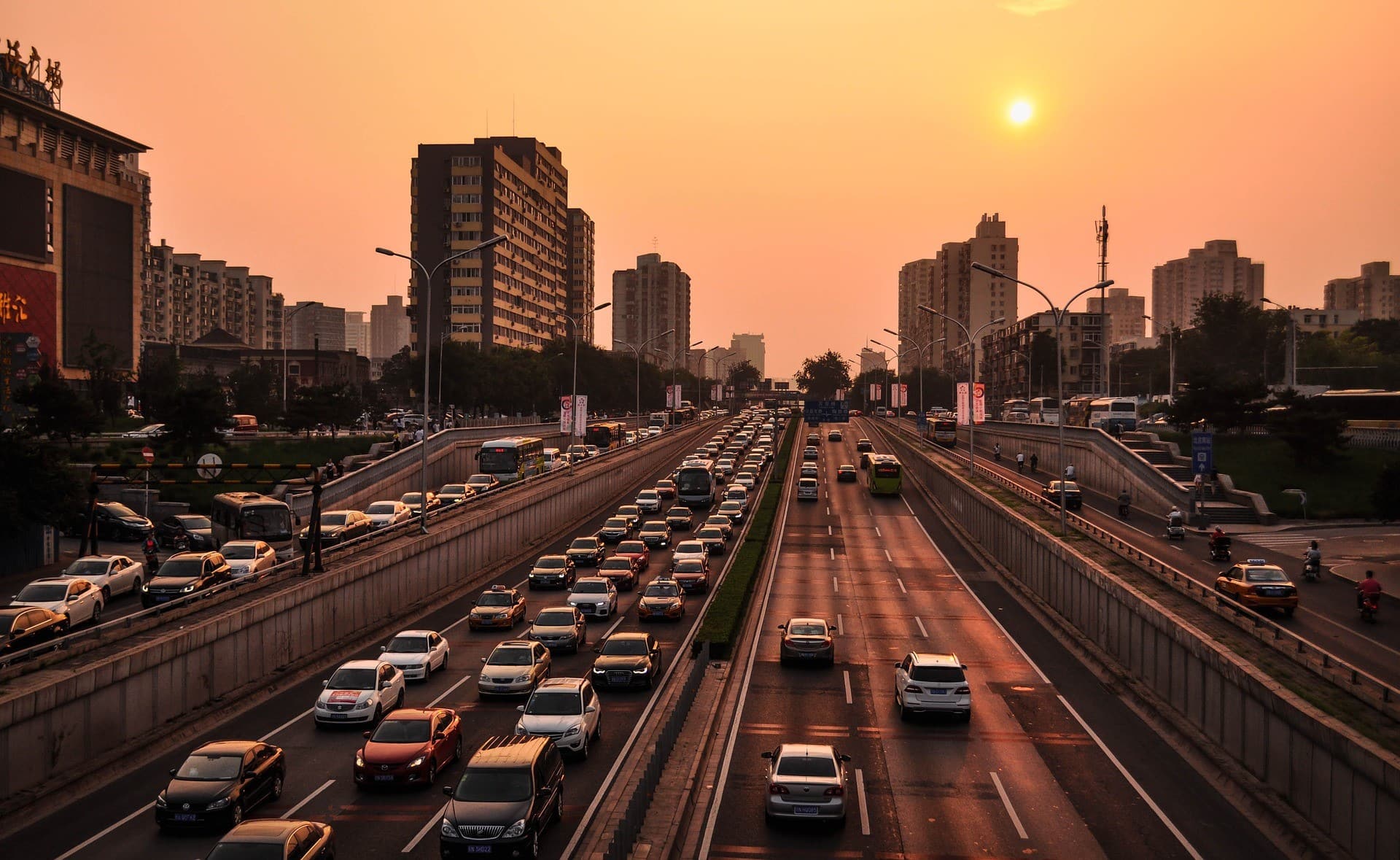How long do you think you should spend commuting to and from work? Ten minutes? Forty-five minutes? In March 2016, Prime Minister Malcolm Turnbull unveiled his vision for Smart Cities, which involved plans for “30-minute cities”, where people would take no longer than 30 minutes to commute to work each day. But how can traffic be controlled to achieve this in such big cities, especially where many jobs exist in the CBD and the urban sprawl has caused many to rely on personal vehicles to get around?
Our Cars Are Exhausted
The 30-minute city, as described in Mr Turnbull’s Smart Cities Plan, is a city where “no matter where you live, you can easily access the places you need to visit on a daily basis.” However, one of the biggest setbacks in achieving Mr Turnbull’s vision is the widespread use of cars as a means of getting to work each day.
At the moment, less than 10% of people take public transport or walk to their jobs, so we need to look at why these options aren’t more appealing to the working population. At WARP Group, we think one way to encourage people to leave their cars at home is to make public transport the more attractive option. This can be achieved by making public transport schedules frequent and convenient, improving security on services and stressing the money that people could save by leaving their car at home.
If you have more people using public transport, or even better, cycling or walking to their jobs, you will reduce congestion on the roads and commute times will improve.
Smart Cities Need Smart Traffic Management
The idea of the 30-minute city comes from a broader idea of “smart cities” – cities or communities that are designed to be more sustainable and efficient. The term “smart city” is one that is connected to the internet of things (IOT) and therefore, it could be defined as a community of any size, part of a larger unit, that employs the IOT to respond to the communities changing needs, collaborates with other communities and the like.
Smart cities aim to:
- Invest in the cities’ infrastructure;
- Coordinate and drive smarter city policy, and, most importantly;
- Drive the take up of smart technology, to improve the sustainability of our cities and drive innovation.
The use of technology in traffic control plans leads to smarter traffic management, with the use of things such as CCTV footage to detect incidents, variable message signs to warn drivers of incidents and hazards, and even distraction detection to identify fatigued or distracted drivers.
Take Note, Australia
Australia can take notes from cities such as Amsterdam, who is leading the way as a smart city. Amsterdam already has its own ‘virtual traffic manager’, which allows a person to view any road in the area, through a combination of cameras, sensors and vehicle detection.
Amsterdam has seen some great improvements in their mobility and transport, with:
- 32% of traffic movement in Amsterdam is by bike
- 63% of Amsterdam’s inhabitants use their bike on daily basis;
- There were nearly 29,000 registered electrical car owners in 2016; and
- Since 2008, car sharing has increased 376%
While smart traffic management is a start to making our cities more efficient, there is still a long way to go. The next step the rollout of Mr Turnbull’s Smart Cities plan, which will see Sydney revitalised to become Australia’s first smart city. This will be an exciting time for the nation, with other metropolitan and regional cities following suit to become safer and more efficient over time. At WARP Group, we have 20 years of experience in providing and executing traffic control plans to make our cities and towns safer. Make sure you contact WARP Group today for more information on how our traffic management and traffic control plans can help you!





